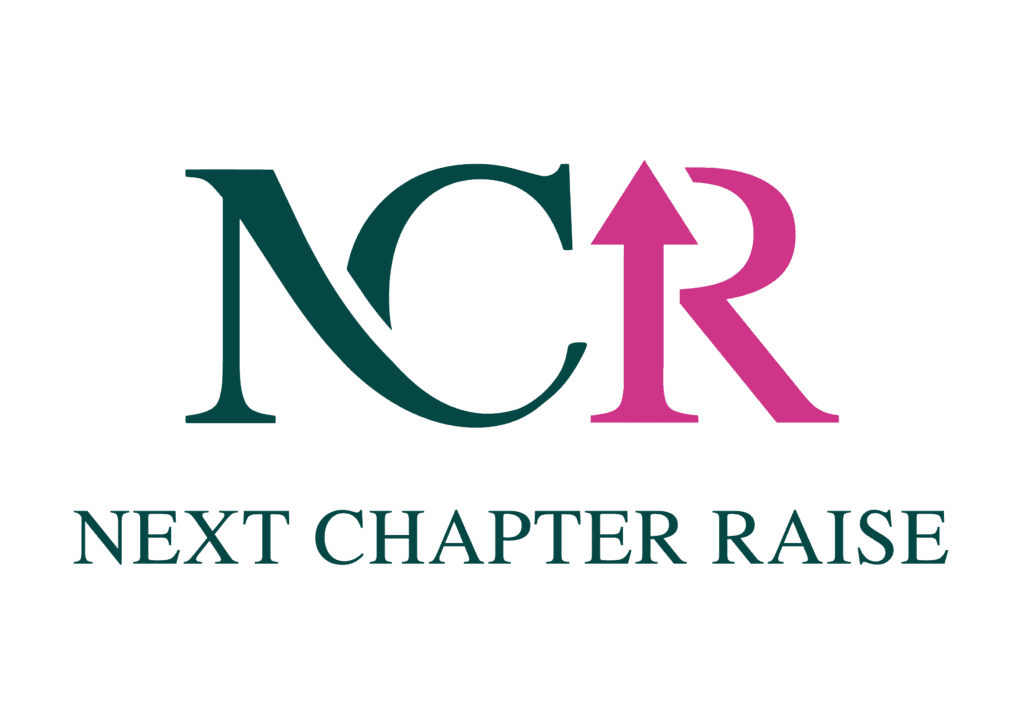Why Your Personal Finances Impact Your Business!
Get Your House in Order, Get Your Work in Order
As a female founder, you’re juggling multiple responsibilities, from managing day-to-day business operations to working toward long-term goals. With so much on your plate, it’s easy to compartmentalise your personal and business finances—thinking that one doesn’t really impact the other. But here’s the truth: the state of your personal finances directly influences the health of your business finances.
Think of it this way: if your personal financial house is in chaos, chances are your business financials won’t be much better. But when your personal finances are in order, you bring a sense of discipline, clarity, and confidence to managing your business’s money too.
Let’s dive into why this connection matters and how you can use your personal financial habits to fuel your business’s success.
1. Your Financial Habits Set the Tone
Managing your personal finances well teaches you valuable habits that naturally carry over into your business. Whether it’s budgeting, investing, or keeping track of expenses, the skills you develop for yourself often mirror the skills needed for your company’s financial health.
For example, if you’re diligent about saving and tracking your personal spending, you’ll likely approach your business with a more disciplined mindset. You’ll recognise where to allocate resources, how to manage cash flow, and even be more strategic about investments. On the other hand, if your personal finances are disorganised, you may find it difficult to keep a handle on your business budget, leading to cash flow problems or misguided spending.
2. Your Approach to Risk is Sharpened
A big part of business finance involves taking calculated risks—whether it’s deciding to expand, investing in marketing, or securing external funding. Your approach to managing risk in your personal finances (like investments or saving for future needs) affects how you make these decisions for your business.
If you have a strong understanding of personal investment strategies and can weigh risk versus reward, you’ll be in a better position to make smart, informed choices for your business, too. Conversely, if you’re unsure about handling your personal money, you might find yourself either overly cautious or making risky, uninformed financial decisions for your company.
3. Personal Financial Health Boosts Business Confidence
Confidence is key when running a business, especially when dealing with finances or investors. If your personal finances are in good shape, you’ll approach business financials with the same confidence. This is crucial when you’re seeking funding, negotiating with investors, or presenting your financial projections.
Female founders often face challenges when it comes to securing investment, but if you’ve honed your personal financial literacy, you’ll feel more prepared to discuss valuations, growth strategies, and even long-term financial goals for your company. A well-organised personal financial portfolio shows investors that you are diligent, responsible, and knowledgeable.
4. Cash Flow Management Starts at Home
One of the biggest reasons businesses struggle, especially in the early stages, is poor cash flow management. The same can be said for personal finances. If you’re constantly living paycheck to paycheck or have difficulty managing your personal income and expenses, it’s likely that your business will experience similar issues.
Creating a strong personal budget helps you get comfortable with tracking where every dollar goes. This translates directly into business cash flow management—keeping tabs on income and expenses, ensuring you have enough liquidity to pay bills, and planning for future financial needs.
5. Your Financial Goals Should Be Aligned
As a founder, your personal financial goals and your business goals should be aligned. If you’re not planning for your personal financial future, like retirement or large personal investments, you might make short-sighted business decisions that affect long-term growth.
For example, if you’re not clear on your personal savings needs, you may underprice your services or delay growth initiatives in your business. On the flip side, a solid personal financial plan gives you the freedom to take measured risks in your business, knowing that your personal financial well-being is secure.
How to Take Control: Start with Personal Financial Literacy
So, where do you begin? Here are a few simple steps to start organising your personal finances, which will naturally flow into better business financial management:
- Create a personal budget: Track your income and expenses for a few months to get a clear picture of where your money is going.
- Build an emergency fund: Both your personal life and your business should have a financial buffer in case things don’t go as planned.
- Learn about investments: Educating yourself on personal investments will help you understand business growth strategies and make smarter financial decisions. Companies such as Sophia educate women about personal financial education.
- Pay off high-interest debt: This frees up cash flow and reduces financial stress, allowing you to focus on growing your business.
- Get the Support You Need
At NCR we specialise in helping female founders like you become financially savvy, both personally and professionally. Our programs and consulting services are designed to give you the knowledge, tools, and confidence you need to master your finances and propel your business forward.
If you’re ready to take control of your financial future and make smart, empowered decisions for your business, check out our offerings today. Because when you get your house in order, you get your work in order, too.

